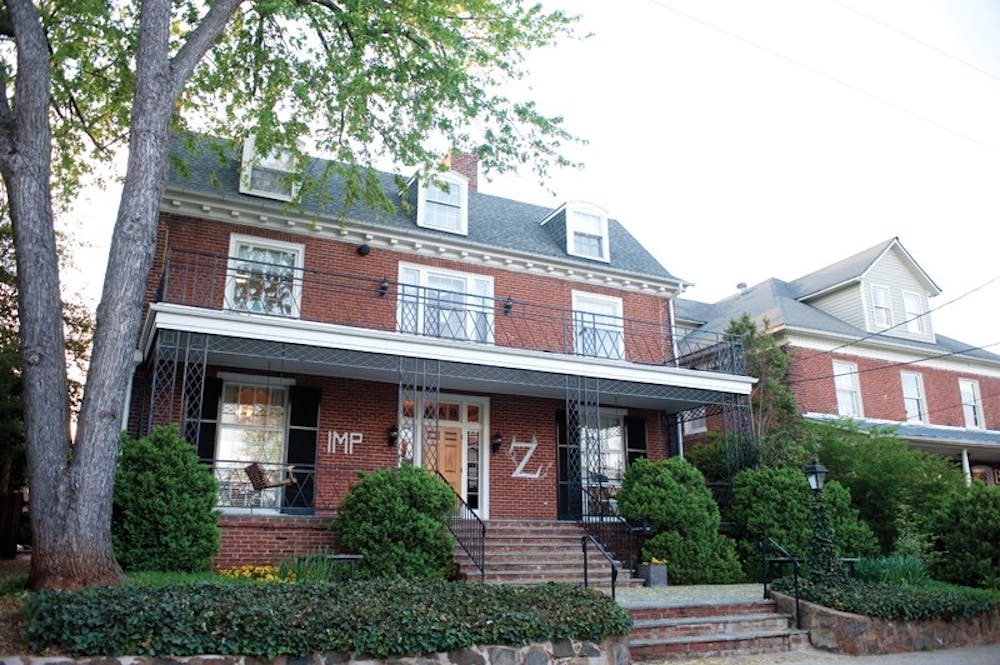The 2014 Inter-Sorority Council recruitment season ended last week, with 697 of the 994 female students who registered ultimately entering the bid-matching process — a three percent increase from last year’s recruitment.
The incoming class of sorority women is the largest in University history, despite increased recruitment registration fees. In addition to increased participation, significant changes were made on the administrative side of recruitment.
Panhellenic Counselors, or Pi Chis, represent a group of sorority women who disaffiliate from their respective sororities in the fall in order to advise rush participants through the recruitment process in January.
This year, Pi Chis signed a contract to not reside in their normal residences for the duration of their assignment in order to remain neutral as they advised potential new members. The ISC paid for accommodations at the Cavalier Inn for 10 days during recruitment.
Vice President of Recruitment Anna Powell, a fourth-year Commerce student, said the ISC instituted the policy in an effort to ensure Pi Chi sorority affiliations remained unknown.
“Many of our Pi Chis live in their chapter house or with women in their own chapter and we really wanted to have everyone who is on the ISC side of recruitment in the same spot,” Powell said.
Powell said knowing Pi Chis’s affiliations may influence potential new members to whom their own sororities extended offers.
Inspiration for this change came from this year’s Southeastern Panhellenic Conference, Powell said, which ISC executive board members attend every year.
The ISC initially budgeted $30,000 for the new expense, and ultimately spent $23,635 to house approximately 120 sorority sisters at the Cavalier Inn.
“Some women did not stay for their entire term due to medical reasons, which we excused, but for the rest of them, they all signed a contract saying that they would stay there and we expected them to,” Powell said in response to rumors that not all Pi Chis stayed at the hotel for the entire recruitment period.
Another significant change this year was a 15 percent increase in the base registration fee, from $65 to $75. Late registrants paid up to $20 more.
Powell said sorority rush fees at the University in past years have been low compared to other schools’ fees, and maintained that this year’s increased fees were still relatively low. The regular recruitment fee is $120 at Florida State and $80 at Virginia Tech, while the regular recruitment fee is $55 at UNC Chapel Hill.
Also in a change from previous years, sororities were not allowed to serve food during house tours for the first time.
“In the past, all the chapters would provide food for the women,” Powell said. “[However, providing food] was not aligned with the concept of a value based recruitment — we found that that was a huge expense on chapters and all the recruitment chairs voted to eliminate that.”
Internal reviews have been mostly positive, though the ISC does not know if it will keep the changes, Powell said.
“This was really a test,” Powell said. “We think it went well and we of course want to take the feedback from everybody else.”







